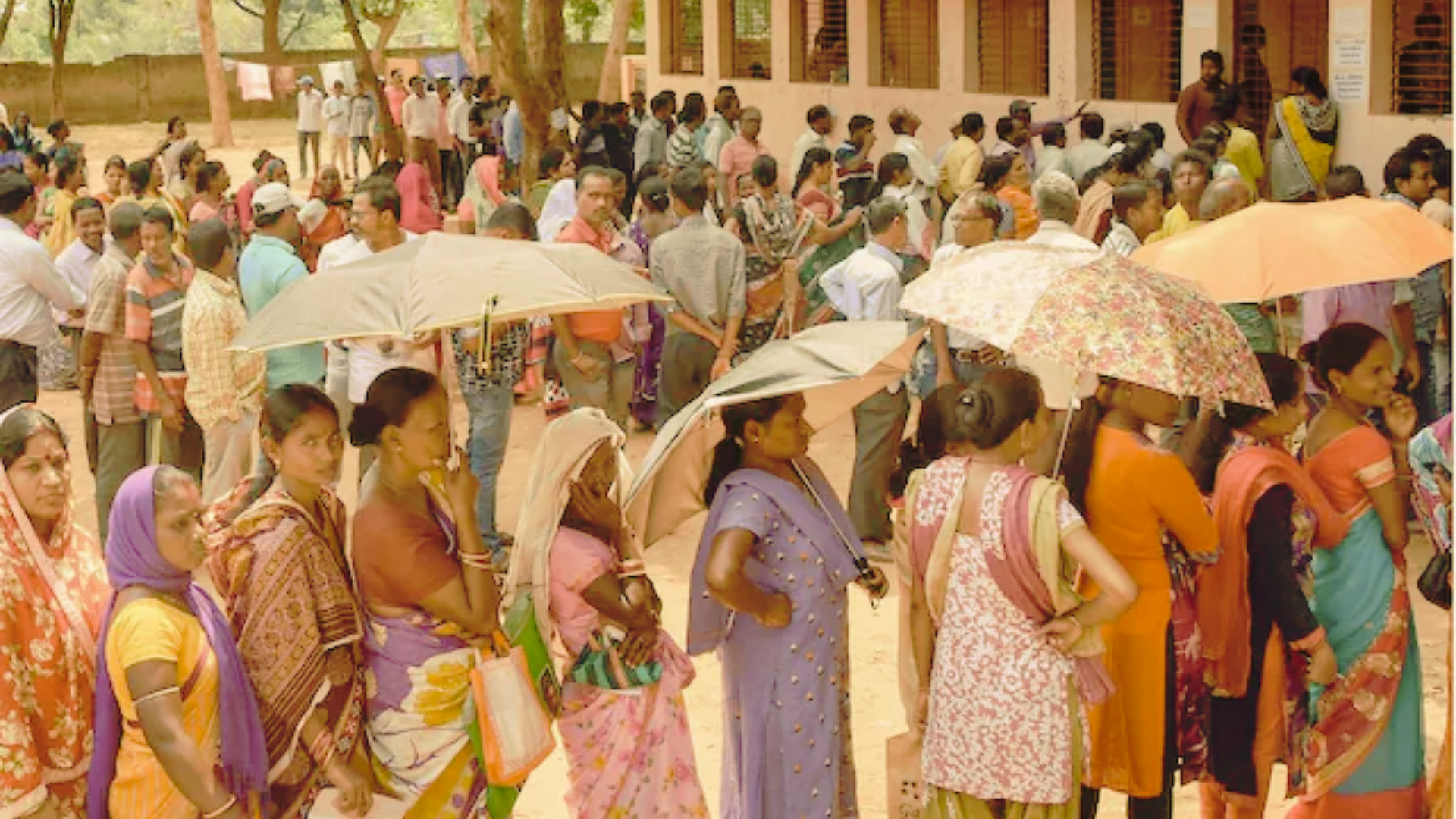Bengaluru, often hailed as “India’s Silicon Valley,” finds itself at the center stage once again as its residents step out to cast their votes amidst scorching summer temperatures and pressing civic issues. With a population of approximately 14 million, the city’s woes, ranging from dire water shortages to gridlocked roads, have taken the spotlight in the ongoing Lok Sabha elections, the world’s largest democratic exercise.
The city’s rapid growth, fueled by its status as a tech hub housing thousands of startups and global giants like Google and Walmart, stands in stark contrast to its struggling infrastructure and environmental challenges. Residents like Prasanna Raghavan, an IT professional, lament the lack of action on crucial initiatives like rainwater harvesting, highlighting the urgency for climate-conscious governance.
Political blame games add another layer to Bengaluru’s predicament, with both the ruling Bharatiya Janata Party (BJP) and the main opposition Congress trading accusations over the city’s water crisis. While Prime Minister Narendra Modi accuses the Congress government of neglect, Congress candidate Rajeev Gowda emphasizes the need for sustainable solutions and long-term commitments to water conservation.
READ MORE : Sunita Kejriwal To Lead Campaign Against Delhi Chief Minister’s Arrest
For residents like Kkavya, who moved to Bengaluru in pursuit of education and employment opportunities, the city’s challenges have become too burdensome to bear. From water shortages to traffic jams, disillusionment is driving some to contemplate leaving the city altogether.
The recurrent cycle of water scarcity and flooding underscores the inadequacy of Bengaluru’s infrastructure, a sentiment echoed by long-time residents such as Musthafa K.P., who stress the urgency of adopting advanced technology solutions to manage the city’s growth sustainably.
Adding to the city’s woes is the unrelenting heat, with temperatures soaring beyond the normal average for this time of year. The Indian Meteorological Department (IMD) advises voters to take precautions, urging them to avoid direct sunlight during peak hours and stay hydrated.
As Bengaluru grapples with its myriad challenges, from infrastructure woes to environmental concerns, the need for concerted efforts towards sustainable development and resilient governance has never been more pressing. In the face of adversity, the city’s resilience will be tested, but with proactive measures and collective action, Bengaluru can pave the way for a brighter, more sustainable future.


















